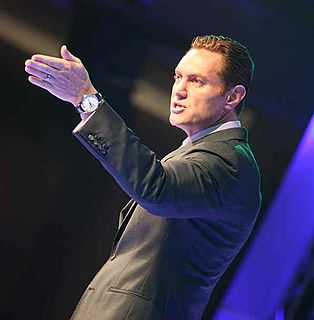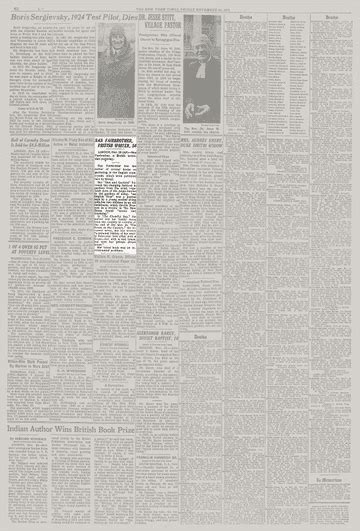A Quote by Peter Ackroyd
The ordinary routines of life are never chronicled by the historian, but they make up almost the whole of experience.
Related Quotes
I don’t think there is any such thing as an ordinary mortal. Everybody has his own possibility of rapture in the experience of life. All he has to do is recognize it and then cultivate it and get going with it. I always feel uncomfortable when people speak about ordinary mortals because I’ve never met an ordinary man, woman, or child.
What I've wanted to do my whole life is just act. When I was younger, I loved to entertain people. I always used to make up dance routines, do little plays. I love to perform, basically. Music, as well, is a passion of mine. I've been singing my whole life. I probably annoy people because I sing all the time on the streets. And I play the drums and I play the guitar. I've been writing music since I was 13.
To read as if your life depended on it would mean to let into your reading your beliefs, the swirl of your dreamlife, the physical sensations of your ordinary carnal life; and simultaneously, to allow what you're reading to pierce routines, safe and impermeable, in which ordinary carnal life is tracked, charted, channeled. Then, what of the right answers, the so-called multiple-choice examination sheet with the number 2 pencil to mark one choice and one choice only?
Often I feel I go to some distant region of the world to be reminded of who I really am. There is no mystery about why this should be so. Stripped of your ordinary surroundings, your friends, your daily routines, your refrigerator full of your food, your closet full of your clothes -- with all this taken away, you are forced into direct experience. Such direct experience inevitably makes you aware of who it is that is having the experience. That's not always comfortable, but it is always invigorating.
The key to becoming world-class in your endeavors is to build your performance around world-class routines. It can be difficult, even futile, to predict or control what will show up in the middle of your workday. But you can almost always control how your day starts and ends. I have routines for both.
Yet housekeeping actually offers more opportunities for savoring achievement than almost any other work I can think of. Each of its regular routines brings satisfaction when it is completed. These routines echo the rhythm of life, and the housekeeping rhythm is the rhythm of the body. You get satisfaction not only from the sense of order, cleanliness, freshness, peace and plenty restored, but from the knowledge that you yourself and those you care about are going to enjoy these benefits.





































